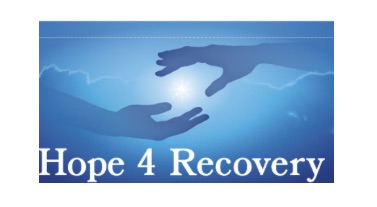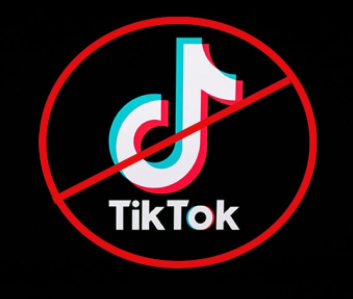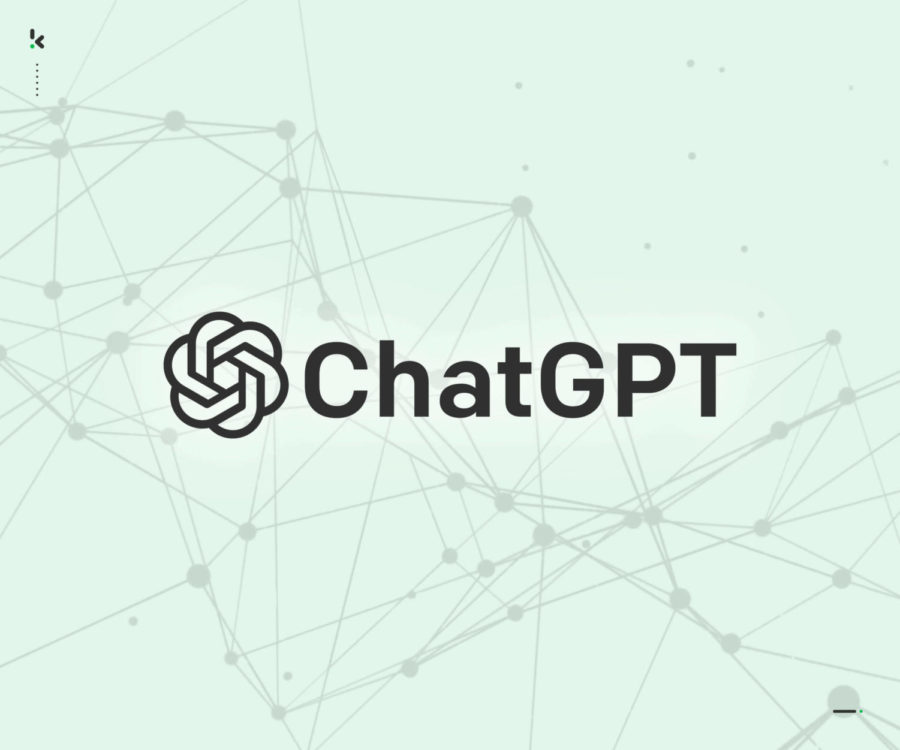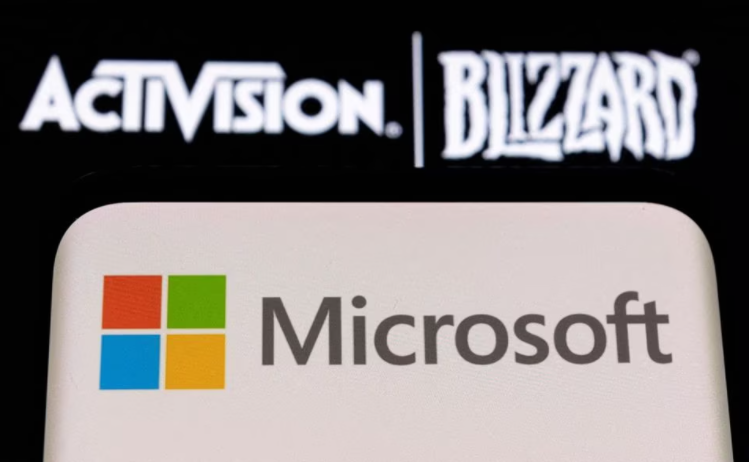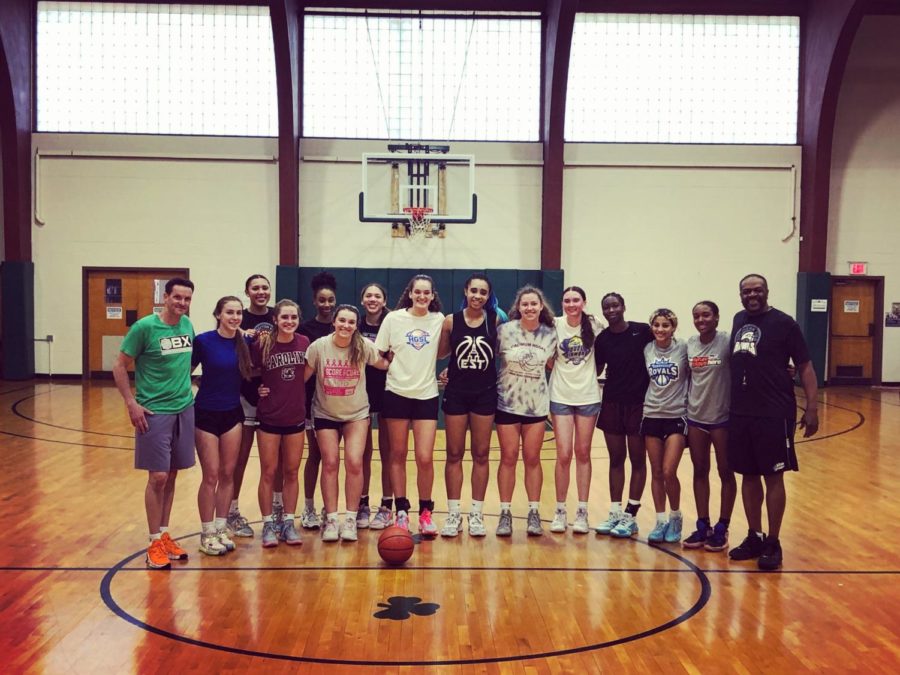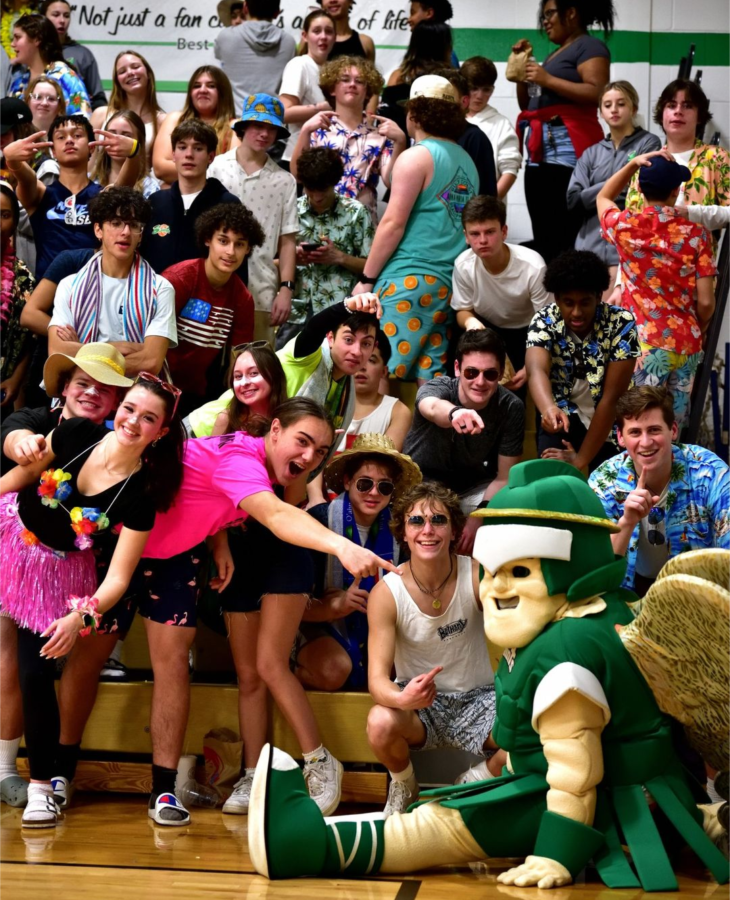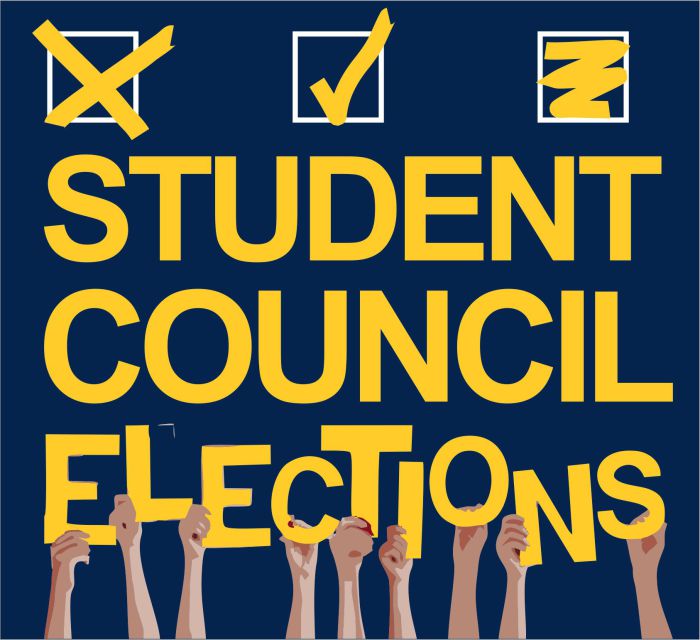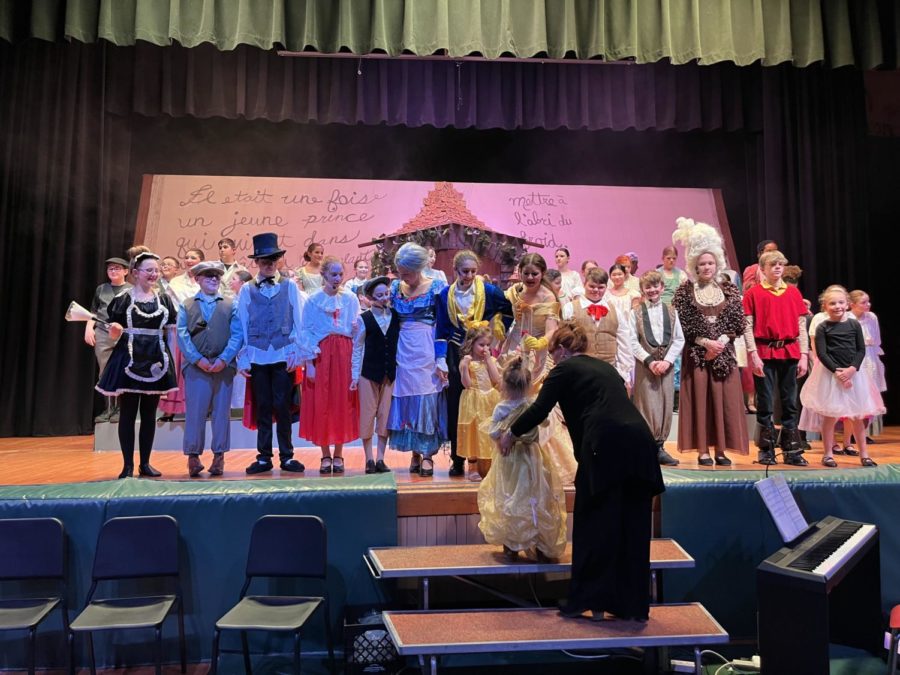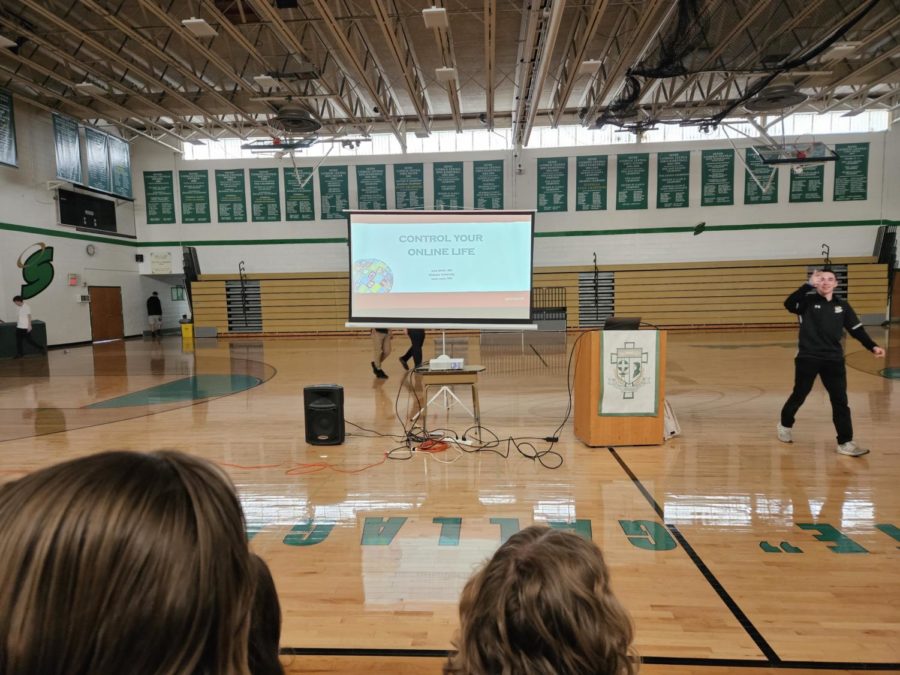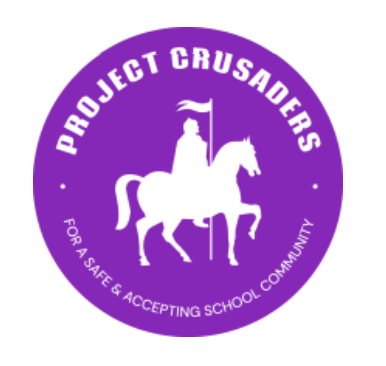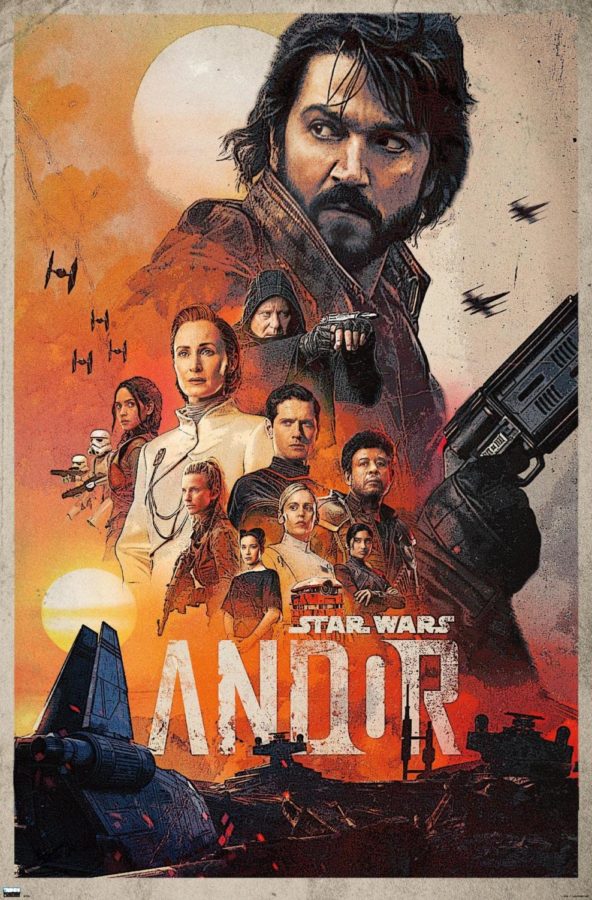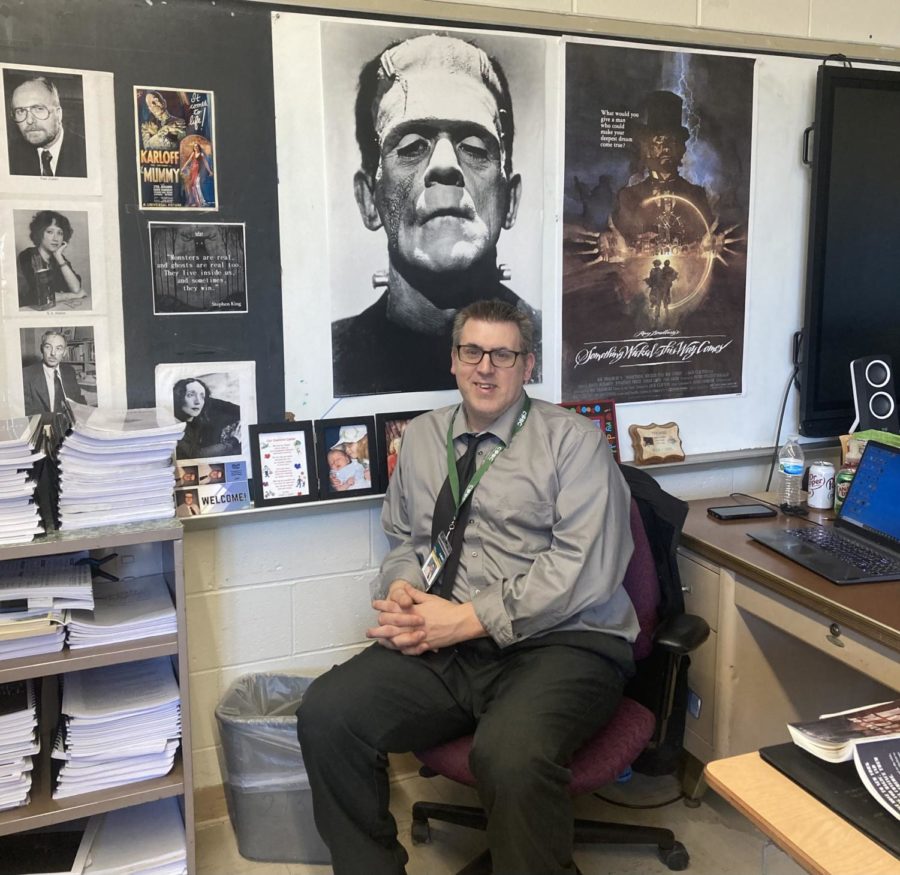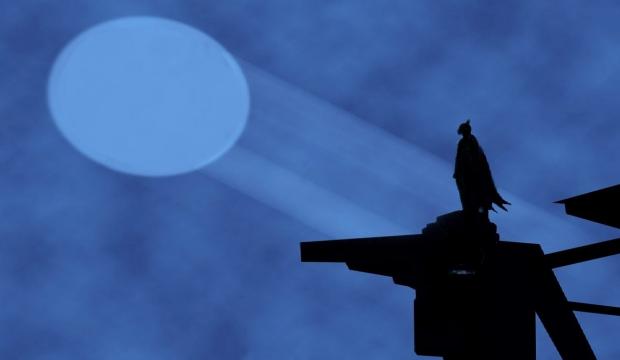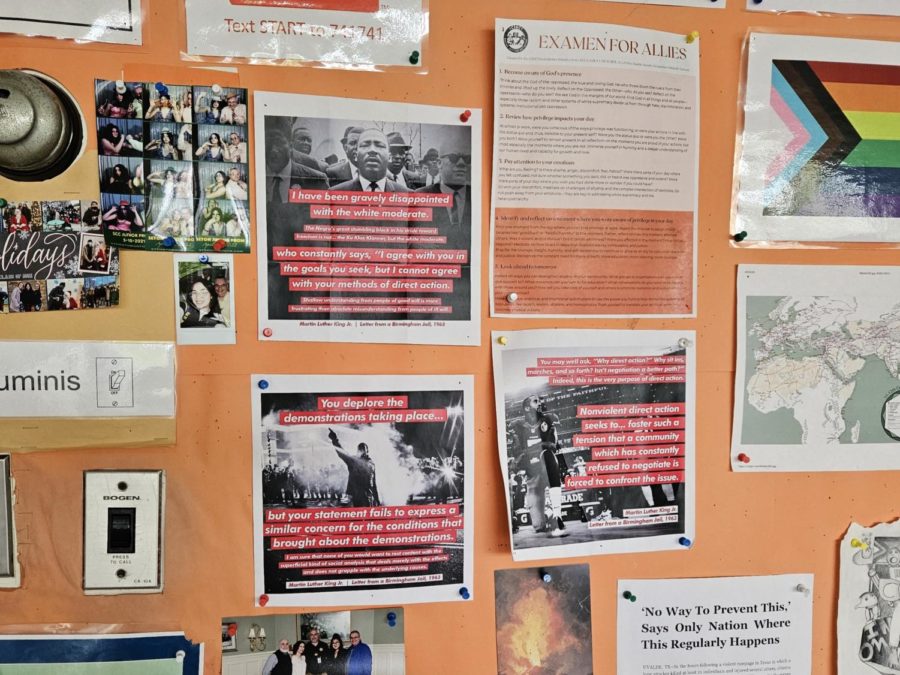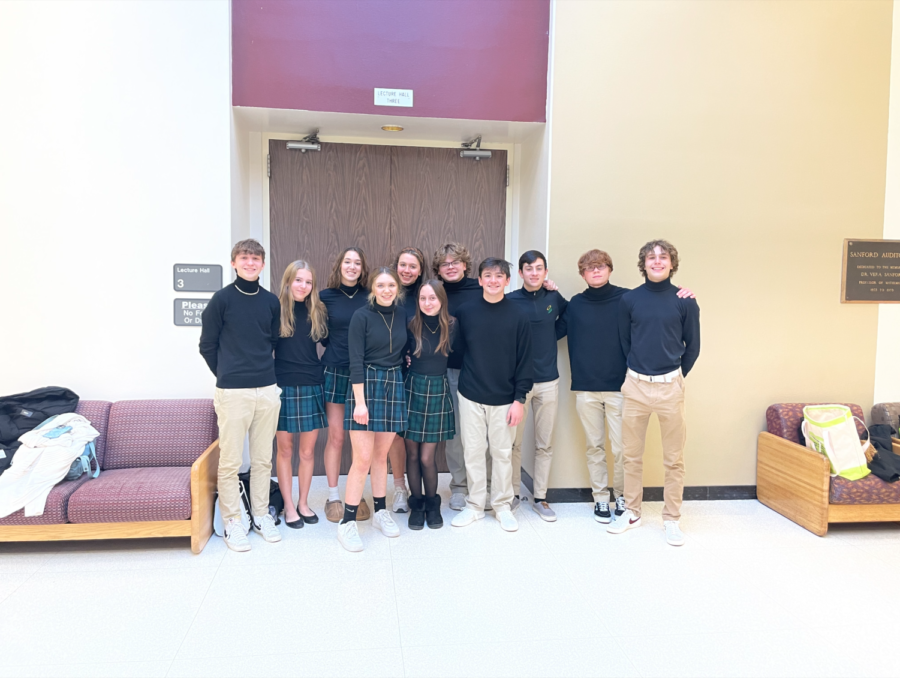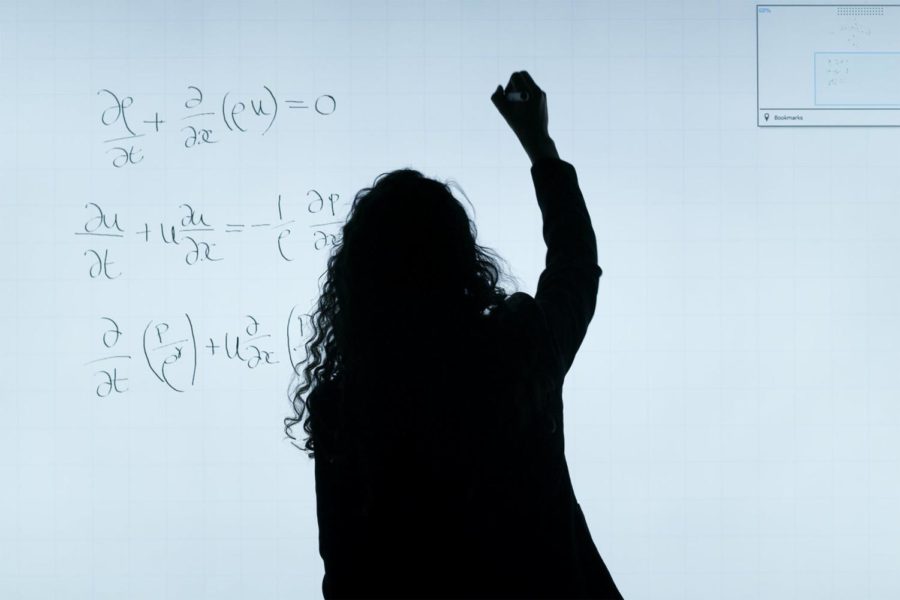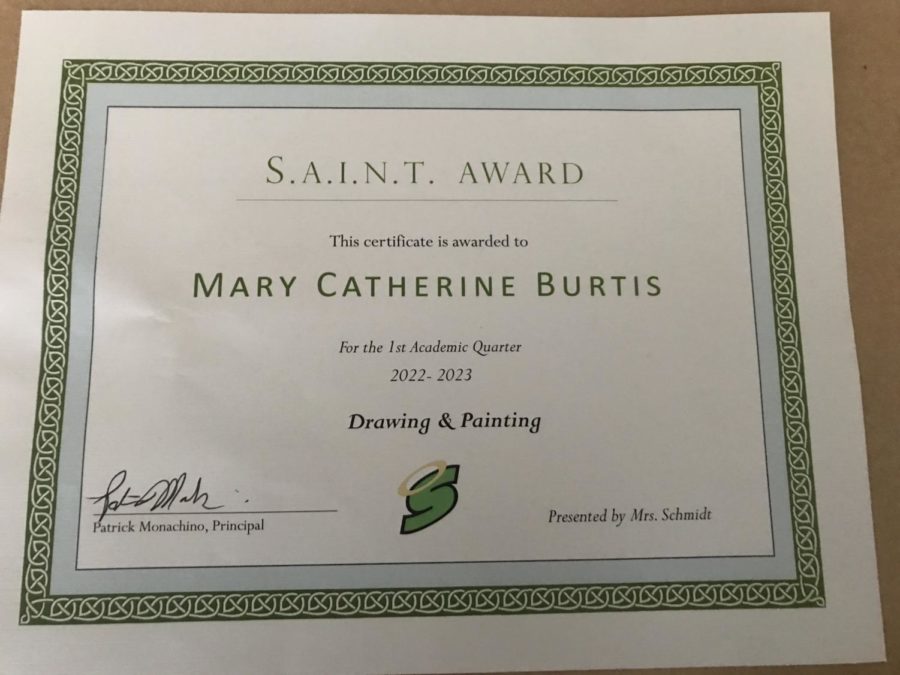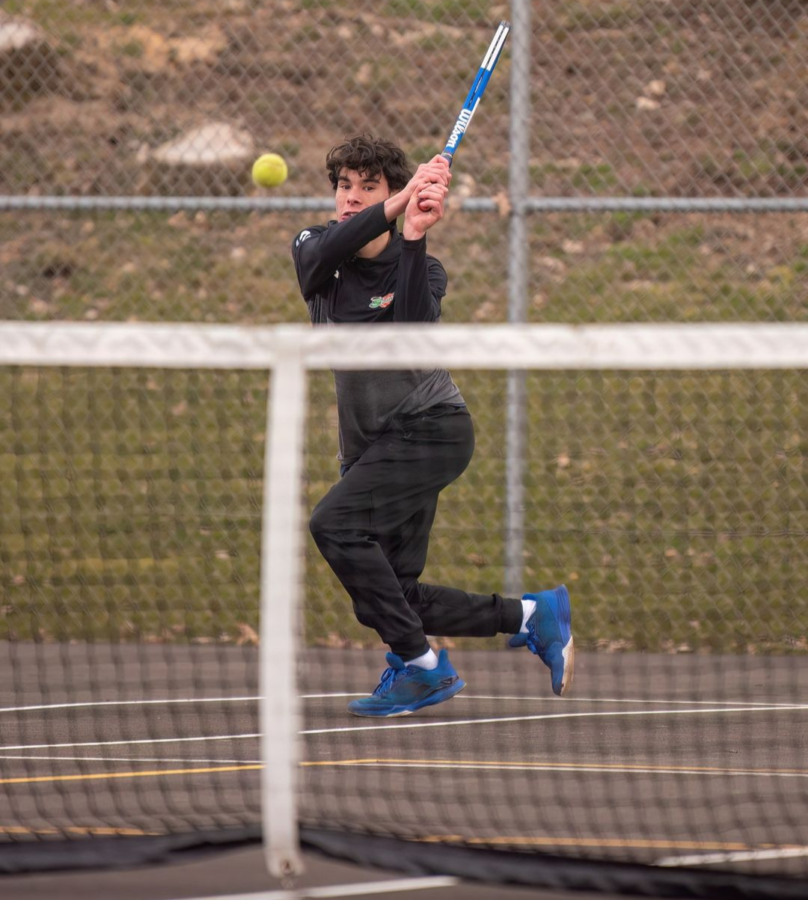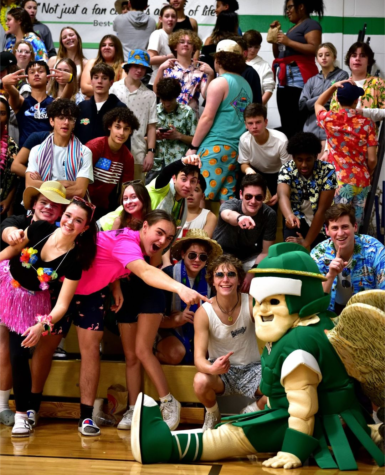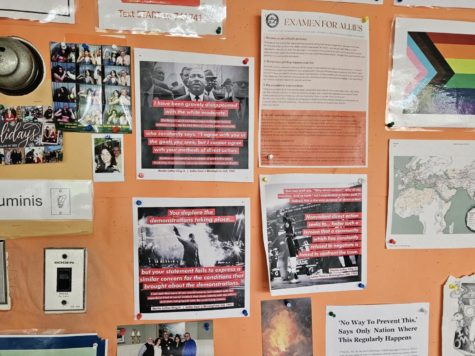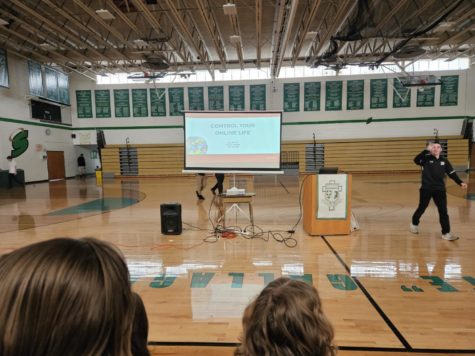How ChatGPT is Changing The World
AI like chatGPT is here to stay whether we like it or not. Depending on how advanced it becomes, the world as we know it may never be the same.
April 3, 2023
ChatGPT has taken the world by storm while simultaneously confusing the majority of people who have heard of it. The idea of artificial intelligence is naturally intimidating to people, but there are an increasingly larger number of practical ways to take advantage of it. And, spoiler alert – people are. ChatGPT has an increasingly extensive library of information and is becoming more and more human-like. Its wide array of applications causes both optimism about the future of technology, and controversy about its effects on the future of education and the rest of the world.
ChatGPT’s ability to generate walls of information in seconds has opened the gateway to a whole new realm of studying and teaching. The bot can create practice problems for different subjects and can provide detailed explanations of the answers. Long gone are the days of scouring the internet for the perfect video or forum post which breaks down a subject in math. ChatGPT can give you a detailed answer to just about anything you ask. The problem used to be, those answers were far from always correct. The first couple of versions of ChatGPT were far from perfect, and it could get confused pretty easily. This made some answers it gave pretty recognizable as well. For example, if you had chatGPT write a research paper for you, chances are people would have picked up that it was written by AI pretty quickly. However, this is no longer the case with the release of chatGPT 4.0. The latest version is so advanced that it is almost impossible for a reader to differentiate an AI-written essay from a human-written one. Version 4.0 is forty percent more factual than version 3.5, and chatGPT has become a legitimate source for information on almost any subject. The bot is also no longer limited to interpreting text. ChatGPT 4.0 can understand pictures and audio now and answer questions based on them. At this point, a high school student could take a picture of their math problem and receive an answer, proof, and detailed explanation for it. They could also answer follow-up questions to the AI in order to more deeply understand the subject. As chatGPT continues to become more trustworthy and versatile, it will become the largest bank of accurate information ever.
ChatGPT’s effect on learning has not been all good, though. College students across the country have tried passing off the bot’s writing skills as their own. This has resulted in serious consequences such as suspension of the students, but the possibility of cheating with chatGPT has an even greater impact than suspensions. While humans used to be able to recognize the difference between a robot and a college student’s writing, chatGPT has now become too advanced for people to tell the difference. Special programs have been developed to detect chatGPT’s writing style but now the chatbot is becoming too clever. As a result, there has been serious consideration as to whether or not essays should still be used as a standard for college applications. The implications of a change such as this would be interesting, and although there are passionate supporters for both sides, it seems that a change is inevitable now given the rate of GPT’s development.
OpenAI’s chatGPT has quickly ascended beyond the level of formulating essays and answers to math problems. The newest version of GPT, when combined with clever prompting, has accomplished some truly incredible things. Users have employed the bot to write a full-fledged book, code at an inhuman speed, develop video games, and help with taxes. In combination with other AI programs, GPT has also been used to create an entire movie. While amazing accomplishments, chatGPT has shown flashes of potential well beyond these examples. GPT has been shown to assist in drug discovery as well as be able to start a business with just a small budget. One Chinese company even made an AI their company’s CEO and has been seeing a significant positive trend in overall performance compared to the rest of the market. These sparks of greatness could be foreshadowing of monumental AI impact within the fields of medicine and business.
AI is beginning to reach human levels of intelligence and problem-solving, and this could lead to it replacing humans in several fields of work. Companies like Duolingo and Khan Academy have introduced artificial tutors to help anyone at any time. People were shocked when ChatGPT showed the ability to pass bar exams, but now it is passing them with ease. If progress like this continues, the world could be looking at a new era of robot lawyers and teachers. It doesn’t stop there, however. Findings have now revealed that potentially eighty percent of the U.S. workforce could have at least ten percent of their tasks impacted by AI. It is not just some people’s jobs that are at risk, a substantial portion of the world could lose their jobs if AI reaches beyond human capabilities. In some cases, it almost has. ChatGPT has shown signs of independent human-level reasoning. This means that the bot can think completely for itself, without the assistance of a prompt to help it. GPT and other AI are beginning to think with free will, and the consequences of this could be very detrimental to humanity. In the future, AI may be able to overtake people in just about every intellectual area.
With these risks, it is important that ChatGPT is in responsible hands. Unfortunately, it is not. Microsoft has acquired OpenAI (the company behind chatGPT) and is actively pressuring the team behind GPT to release new versions to the public as soon as possible. Microsoft recently fired their AI ethics team and has made clear by their actions that they are strictly interested in AI for the monetary benefit. This is dangerous, to say the least. If new versions of chatGPT are rolled out without proper inspection, the bot could behave unpredictably or even dangerously as it already is exceeding all expectations for growth. If GPT does reach a true human-level intelligence while the world already has its hands on it, the consequences could be dire.
AI like chatGPT is here to stay whether we like it or not. Depending on how advanced it becomes, the world as we know it may never be the same.


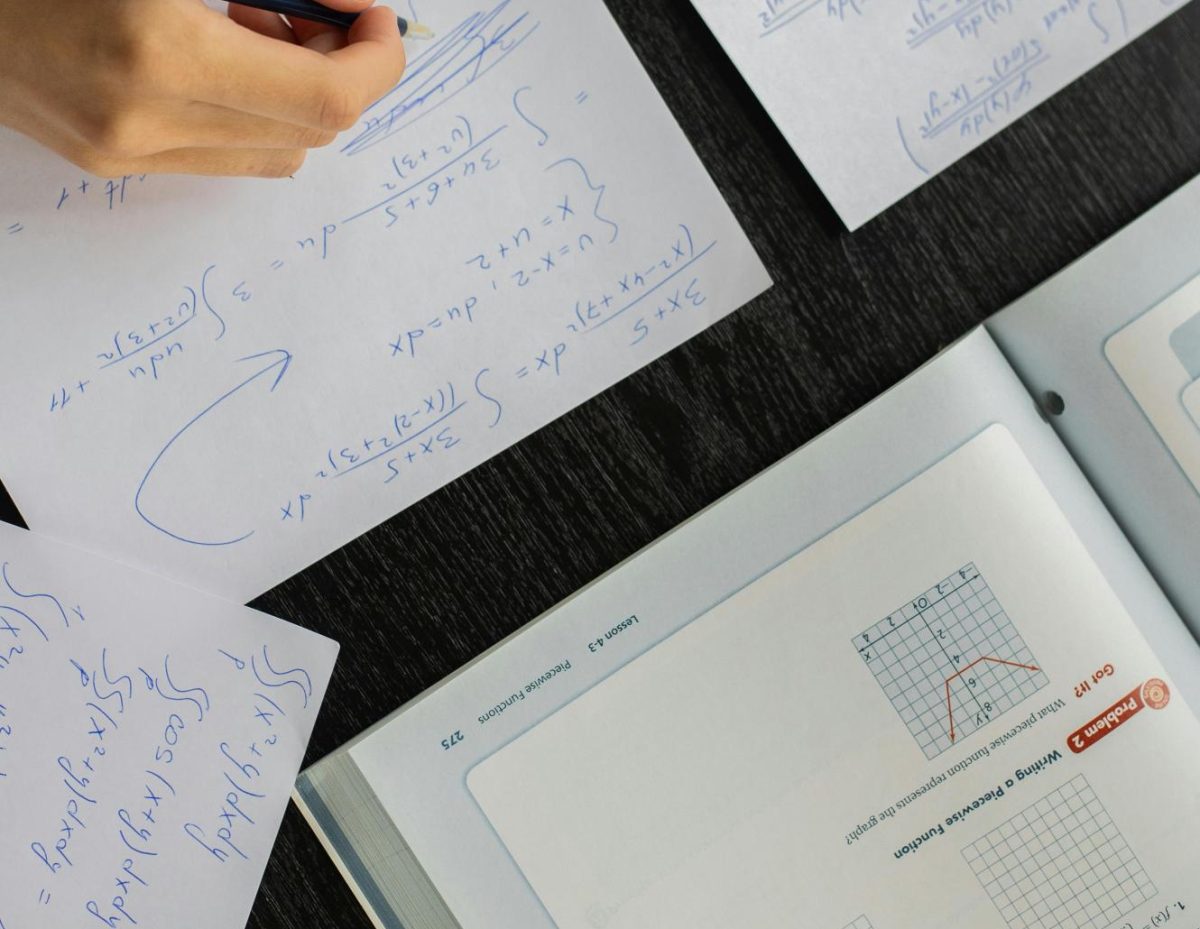
![College of Community and Public Affairs graduates cheering during the CCPA Commencement Ceremony. [Via Daily Photos at binghamton.edu]](https://sccvoice.org/wp-content/uploads/2023/05/Screenshot-2023-05-16-10.50.55-PM.png)

